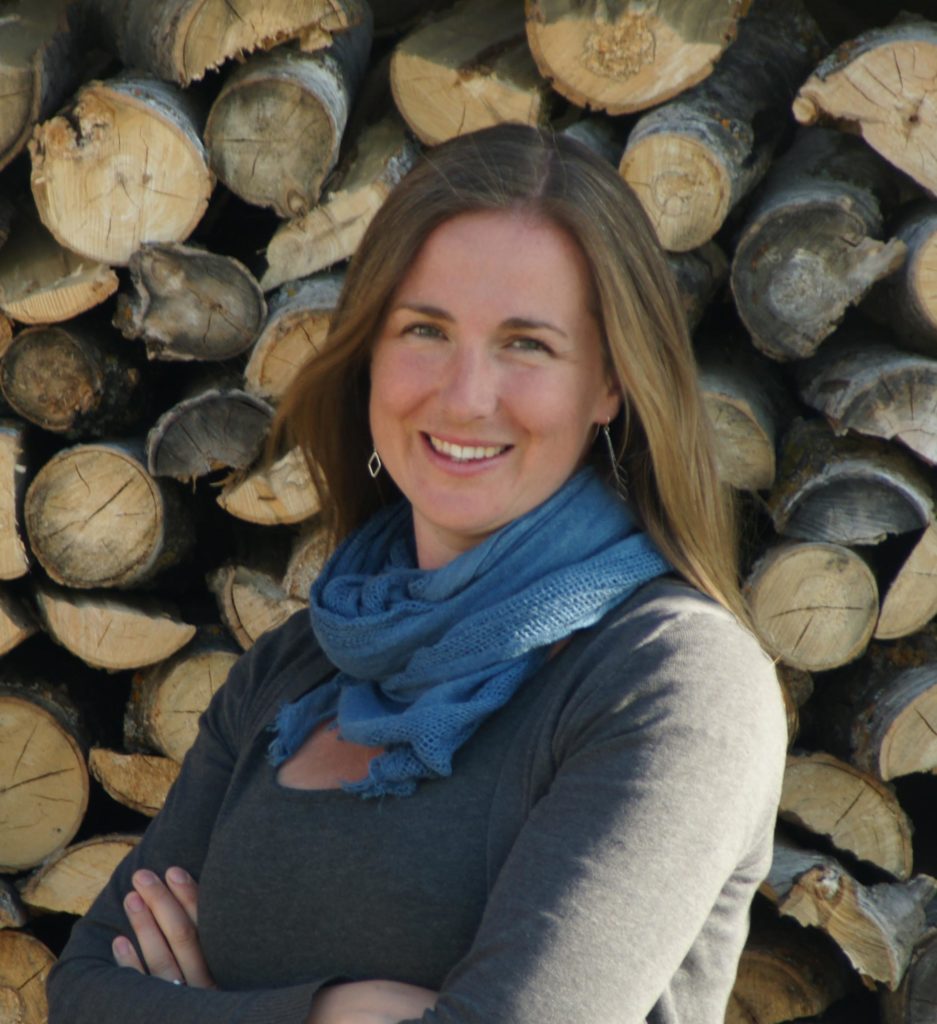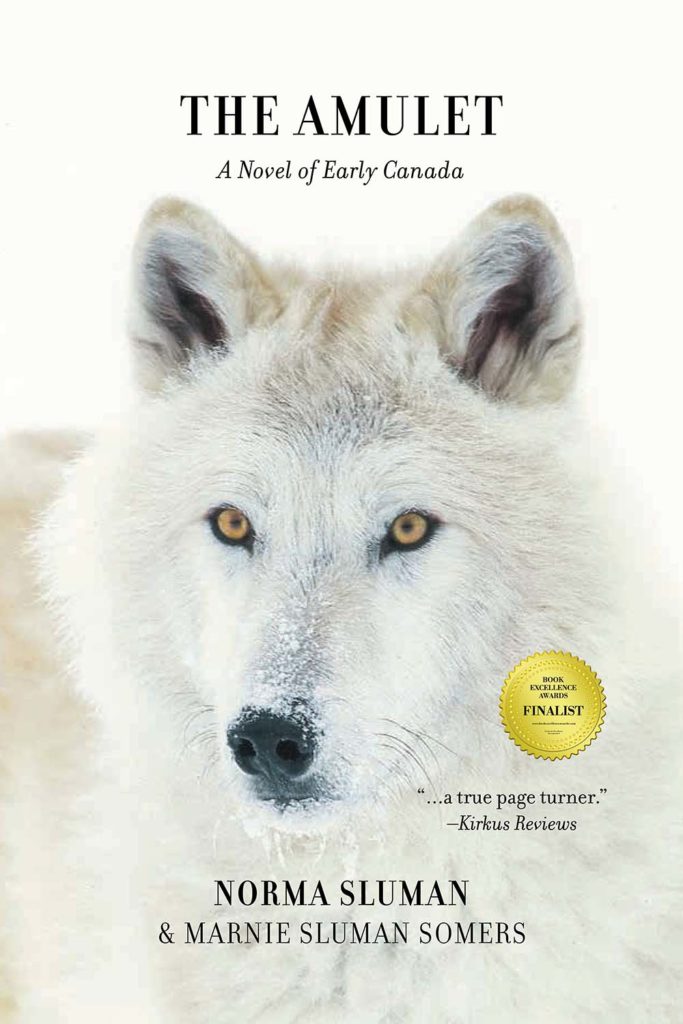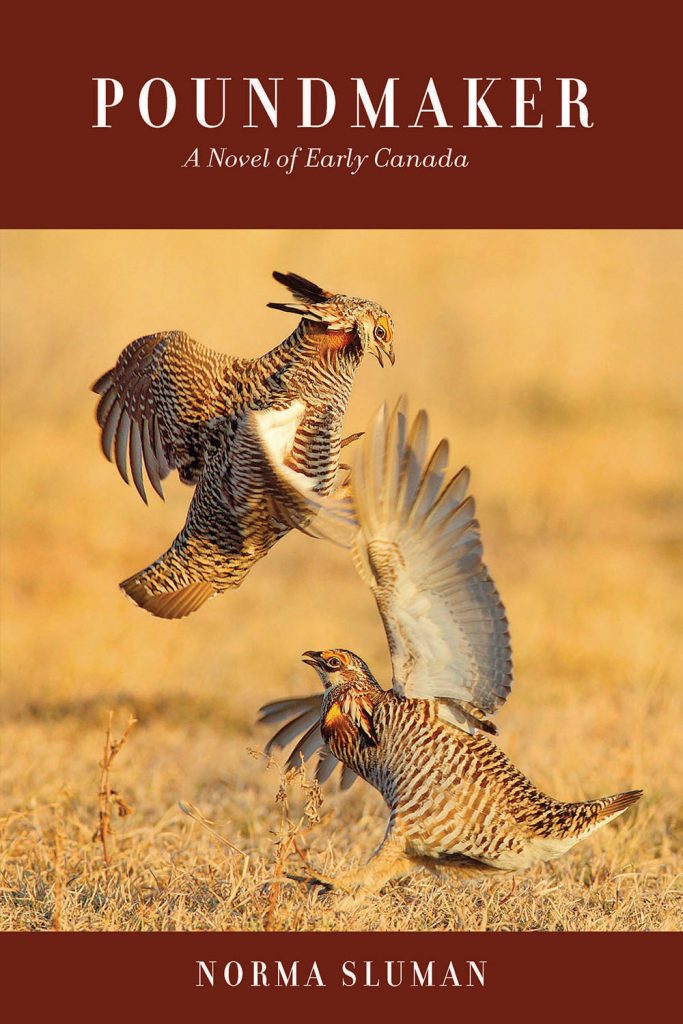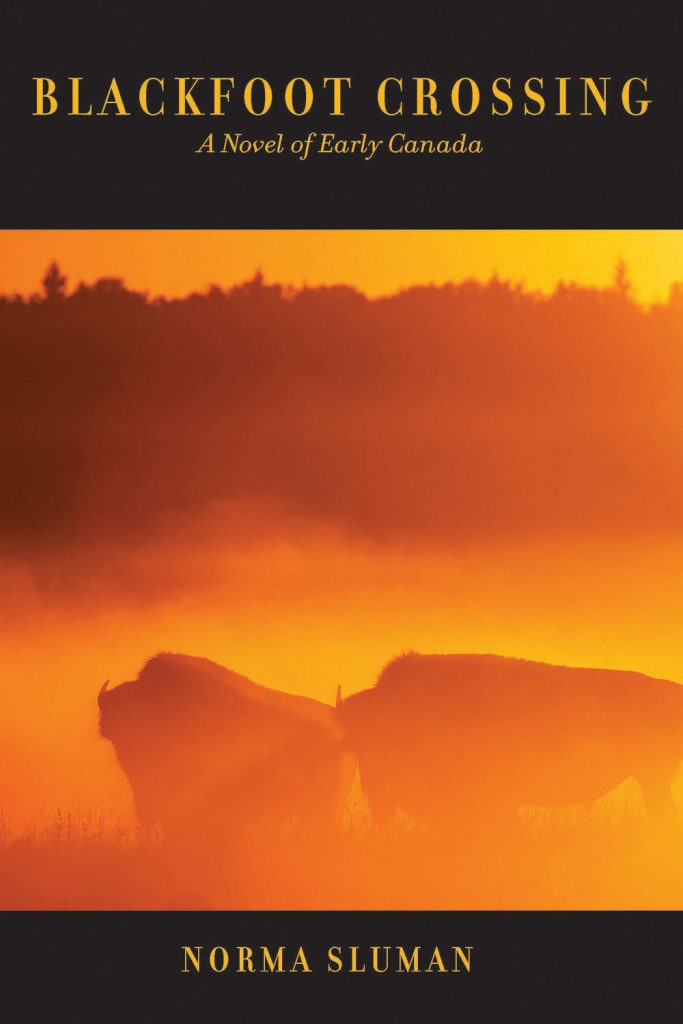Photo by Maxim Tajer on Unsplash
I can’t talk about writing today. There are too many other things that need to be talked about.
I will not mince words. Please spend some time looking at yourself and the ways you are participating in and upholding racist systems and patterns. I’m talking about the way you think and the things you choose to do or not do.
Before you protest that you aren’t racist I promise you that you ARE participating in upholding a system that is. I know I am. We were all raised within it. We are all part of it. The only way it changes is if we each take responsibility for ourselves.
Here are some ways you can help:
Notice
Pay attention to the racism that is happening around you. For example:
- the idea that we are “post-racial” (eg. All Lives Matter)
- dismissing people’s ideas because they don’t fulfill your idea of what is “respectable” (also known as respectablity politics)
- dismissing people’s ideas because you don’t like the way they present them (also known as tone policing)
- refusing to acknowledge white privilege
- believing that good intentions make up for the harm caused by racist behaviour
- talking about “reverse racism”
Educate yourself
Take a course or read a book written by an expert.
Books:
- Me and White Supremacy by Layla Saad
- So You Want to Talk About Race by Ijeoma Oluo
Courses:
Deliberately expand your perspective
Read books, listen to music, watch movies and TV shows which centre non-white people. Some reading to start with:
- A Raisin the Sun by Lorraine Hansbury
- One Drum by Richard Wagamese
- Son of a Trickster by Eden Robinson
Listen
Follow accounts, read blogs, listen to podcasts by people who are impacted by racism. Listen to what they have to say. Really listen. Don’t talk, don’t protest, don’t drown out what they’re saying in your own feelings. Just listen. Some accounts to start with:
Talk to your friends and family about what you’re learning
If we all stay quiet then we all think that no one is doing anything. I don’t mean you should trumpet your learning to the world and demand cookies for being a good person. I mean talk to the people in your life about the things that matter to you.
Here are things you should NOT do:
- Centre yourself, your experience, and your learning. This isn’t about you.
- Ask Black, Indigenous, or other people of colour to tell you what to do about racism.
- Display your learning as a way to show how you are not racist.
- Learn one thing and think that you’re done.
- Be horrible to people who make mistakes.
Before you do anything
Before you do anything (especially if it involves Black, Indigenous or other non-White people): Stop and think, will this cause harm?
Before you do anything stop and think, will this cause harm?
If you aren’t sure try googling what you’re about to do (even if it’s something as simple as commenting on a Black person’s Instagram caption), chances are someone is talking about it. You probably won’t get a right/wrong answer because every person and every situation is different. The point is to THINK and proceed with love and consideration. When you mess up, and you will, be ready to give a real apology without excuses.
When you mess up, and you will, be ready to give a real apology without excuses.
This won’t be comfortable. It isn’t supposed to be. If you feel sick and culpable and unsure then you’re probably on the right track. That’s where I’m at right now.
I’d love to hear about what you’re learning, resources you’ve found, and how you’re applying what you’ve learned in your own life.
Please note, I am not an expert on racism, I just didn’t want to say nothing. Please get your information and your learning from experts who have consented to share it (I have listed some of these in this post) and respect their boundaries.
Hateful comments will not be tolerated.
I’m learning with you,

Laurie MacNevin, HF Associate Editor
Laurie is an editor, writer, and researcher. Her deep love of stories led to an Honours degree and a Master’s degree in English Language and Literature from the University of Windsor. Originally from Southern Ontario, Laurie has lived in Manitoba for more than ten years, exploring the stories, landscape, plants, and people of some of the most remote parts of the province including three years in Churchill and two years in God’s Lake Narrows First Nation. Laurie and her family now live on an acreage outside of Carberry.
Not a member of our FREE Book of the Month Club yet? What are you waiting for?
Want a chance to win a free book written by a different Canadian author? Join our Free Book of the Month Club! Every month we review a book by a Canadian author and give it away to one of our email subscribers. Our goal is to share the work of other Canadian authors to help readers find other writers.




